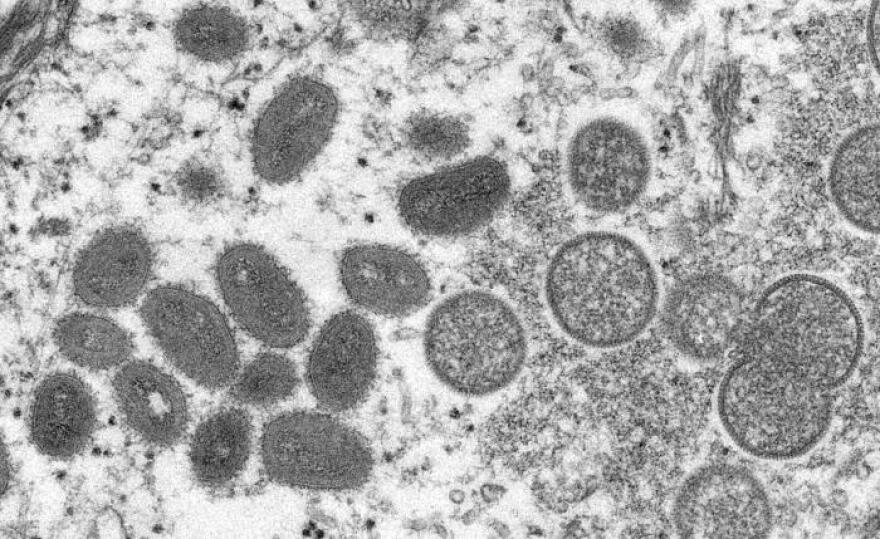Monkeypox, now called m-pox, is back on the rise in Oregon.
State health officials say 19 cases have been reported to local public health departments since November 9. The increase comes three weeks after the Oregon Health Authority demobilized its incident management team responding to the mpox outbreak, a move which appears premature.
Oregon currently has 259 mpox cases, including two which are pediatric. OHA reports infection rates are highest in Multnomah County, in people 30 to 39, and in members of the Latinx and Black communities. Most cases identify as gay or bisexual men.
Health care providers are urged to keep the mpox virus in mind when seeing patients with consistent symptoms of rash or pimple-like bumps.
Everyone at risk of mpox infection should be vaccinated. Local and state public health officials have urged the Oregon Board of Pharmacy to get more of the Jynneos vaccine on pharmacy shelves.

While conducting case interviews, health officials have learned of some barriers to getting vaccinated. “Some people reported that their healthcare providers have not offered them vaccination, that they did not know that vaccine was available and that they didn’t know how to get vaccinated,” said Tim Menza Ph.D., senior health adviser for the Oregon’s mpox response. “Some told us that they had planned to get vaccinated but had put it off, or they assumed they had protection due to prior smallpox vaccination as a child.”
Others, he suggests, thought they weren’t at risk for mpox, or that it wasn’t a serious virus.
Mpox spreads primarily through close, skin-to-skin contact. Most often, it occurs through intimate or sexual contact. It can also spread during contact with the lesions of an infected person through a caregiving relationship, such as a parent caring for a child or an adult caretaker of another individual.
People who suspect they have mpox should contact their health care provider to let them know before going in to be seen. Those who don’t have a health care provider can call 2-1-1 or their local public health authority to get help finding a clinic or health care provider.
For more information about mpox and Oregon’s response to the outbreak, visit OHA’s mpox (hMPXV) website. Vaccine clinics can also be searched by ZIP code with an mpox vaccine locator tool available at https://mpoxvaxmap.org/.
In addition, https://covidvaccine.oregon.gov now lists vaccine events or locations that have mpox vaccine under the “ADDITIONAL INFORMATION” section of the event or location description.



